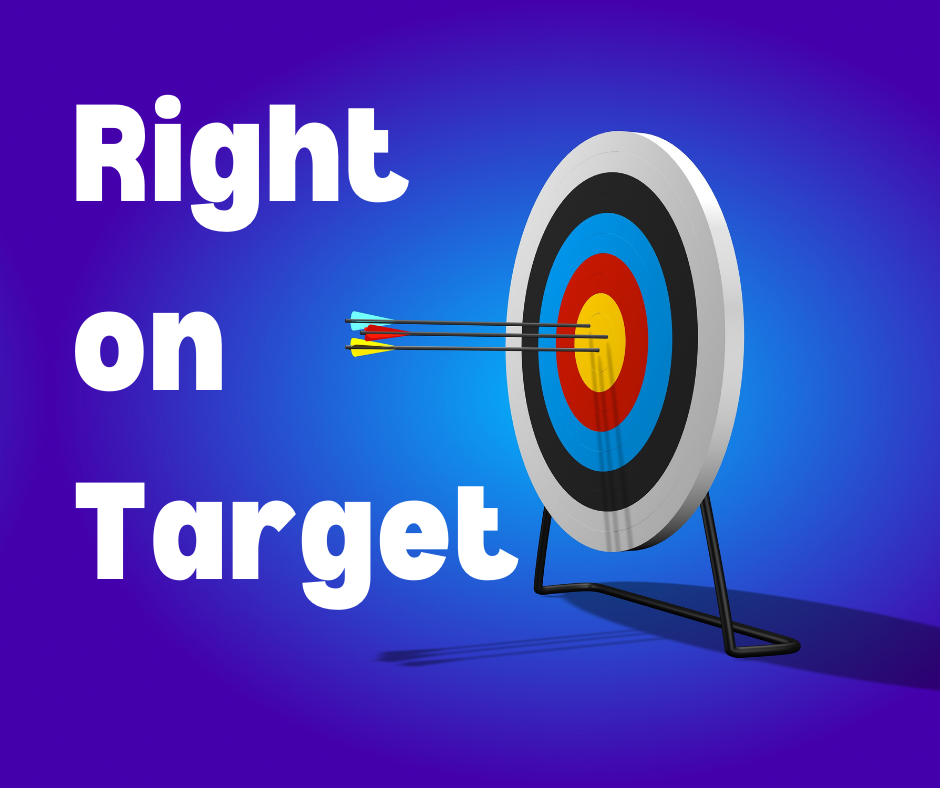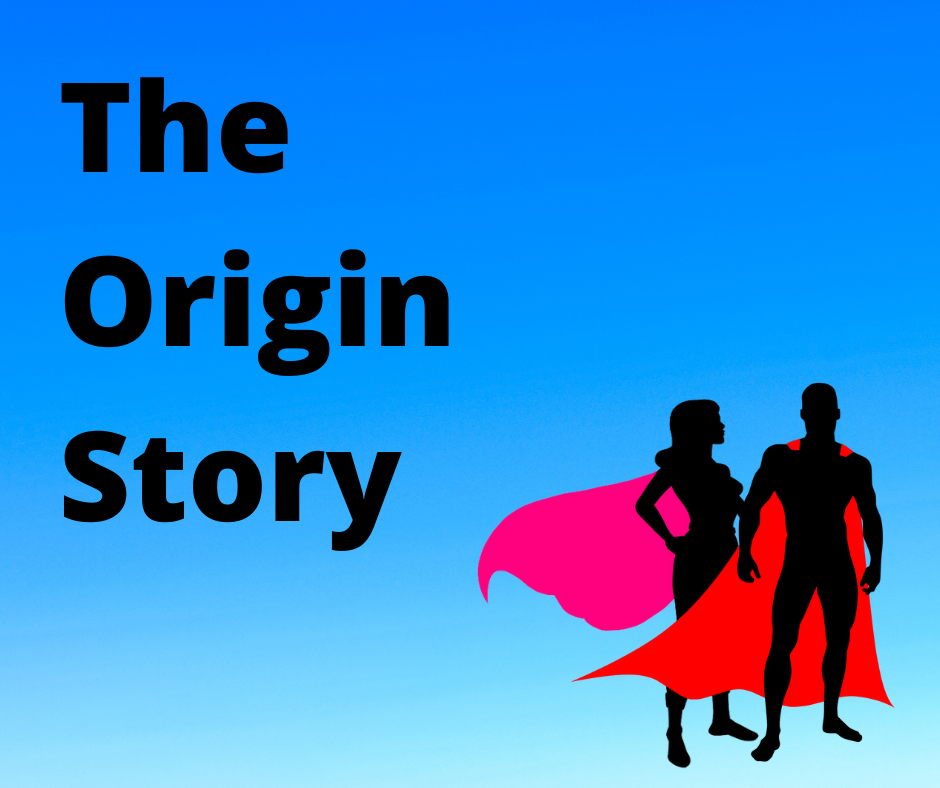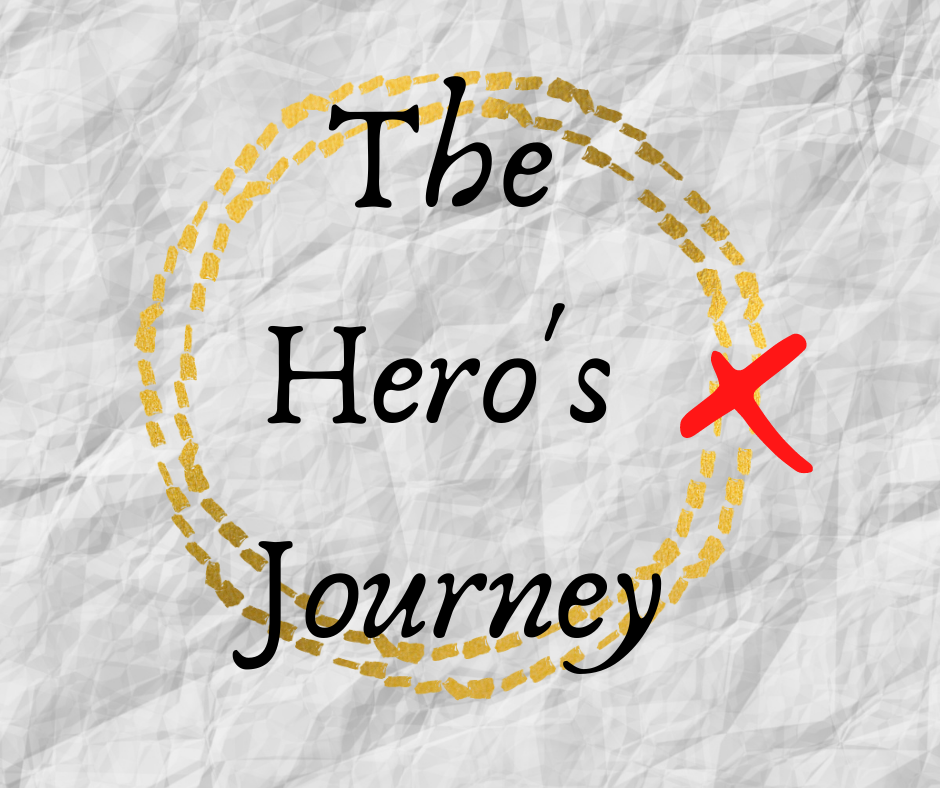
“Narrative transforms insignificant objects into significant ones.”
The Significant Objects Hypothesis
In 2009, Joshua Glenn and Rob Walker tried an interesting quasi-anthropological experiment.
They went to garage sales and thrift stores and bought 100 items, all averaging $1.00. Old plates, ceramic figurines, #1 Dad mugs, all the various tchotchkes you regularly find gathering dust in your house.
They then brought on 100 authors to write up a short story about the items.
Finally, they posted both the items and their accompanying stories to e-Bay.
The result? Total cost spent on objects – $128.74. Total revenue generated from their sales? $3,612.51.
The pink horse in the photo? Bought for a dollar – sold for $104.50.
“Stories are such a powerful driver of emotional value that their effect on any given object’s subjective value can actually be measured objectively.” — Joshua Glenn and Rob Walker
What stories are you telling about yourself? About your business? About your products/services?
What emotional value are you adding?
For more information about the Significant Objects Project, click here – https://lnkd.in/gQedxpM








